Search Definitions
Browse Content (p. 29)
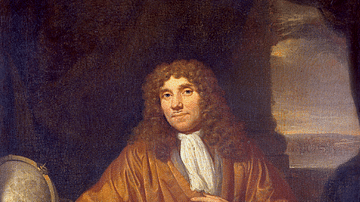
Definition
Antonie van Leeuwenhoek
Antonie van Leeuwenhoek (1632-1723) was the most important microscopist of the Scientific Revolution. The Dutchman made over 500 microscopes, many with a magnification far superior to contemporary models. His discoveries include bacteria...
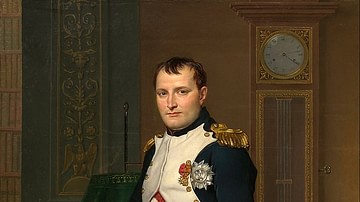
Definition
Napoleon Bonaparte
Napoleon Bonaparte (1769-1821) was a Corsican-born French general and politician who reigned as Emperor of the French with the regnal name Napoleon I from 1804 to 1814 and then again briefly in 1815. He established the largest continental...

Definition
Caesarea Maritima
Caesarea Maritima was a city built over 2,000 years ago (c. 22-10 BCE) on the coast of the Eastern Mediterranean. With Roman engineering and largesse, Herod the Great (r. 37-4 BCE) accomplished this feat by constructing a whole metropolis...
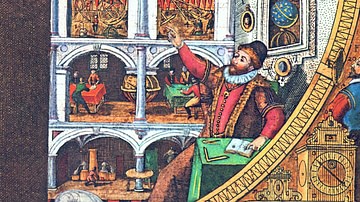
Definition
Tycho Brahe
Tycho Brahe (1546-1601) was a Danish nobleman who made the most significant contribution to our knowledge of astronomy before the telescope arrived. He discovered a supernova, observed the elliptical interplanetary orbit of a comet, updated...
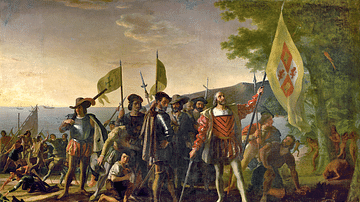
Definition
Doctrine of Discovery
The Doctrine of Discovery is a policy enacted initially by the 15th-century Catholic Church proclaiming the right of Christian nations to take possession of the lands of non-Christians in the interest of saving their souls. Non-Christians...
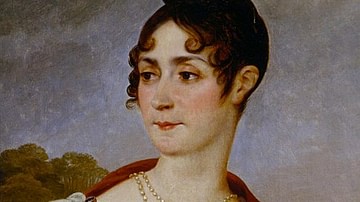
Definition
Joséphine de Beauharnais
Joséphine de Beauharnais (1763-1814) was a French noblewoman who was the first wife of Napoleon Bonaparte (1769-1821). She was therefore Empress of the French from 18 May 1804 until the annulment of her marriage on 10 January 1810, as well...
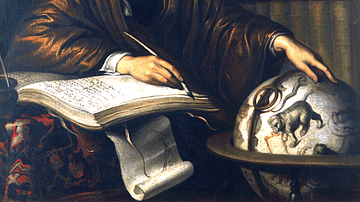
Definition
Johannes Hevelius
Johannes Hevelius (1611-1687) was a Polish astronomer based in Danzig (Gdańsk). He worked from his own privately funded observatory, creating maps of the Moon's surface, discovering the first variable star, and spotting several new comets...
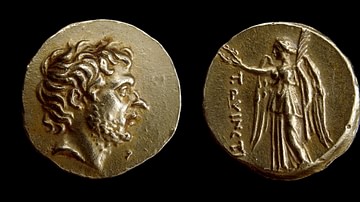
Definition
Titus Quinctius Flamininus
Titus Quinctius Flamininus (229-174 BCE) was a consul and military commander of the Roman Republic during the Second Macedonian War, who decisively defeated Philip V of Macedon (r. 221-179 BCE) at the Battle of Cynoscephalae in 197 BCE and...
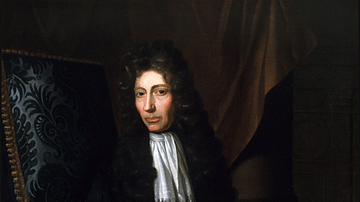
Definition
Robert Boyle
Robert Boyle (1627-1691) was an Anglo-Irish chemist, physicist, and experimental philosopher. Boyle was a prolific author, made significant experiments with air pumps, and presented the first litmus test. A founding member of the Royal Society...
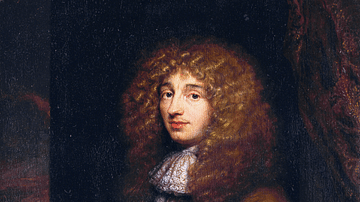
Definition
Christiaan Huygens
Christiaan Huygens (1629-1695) was a Dutch mathematician, physicist, and astronomer. A leading figure of the Scientific Revolution, Huygens combined research into mathematical-based theories, such as the movement of light waves, with practical...